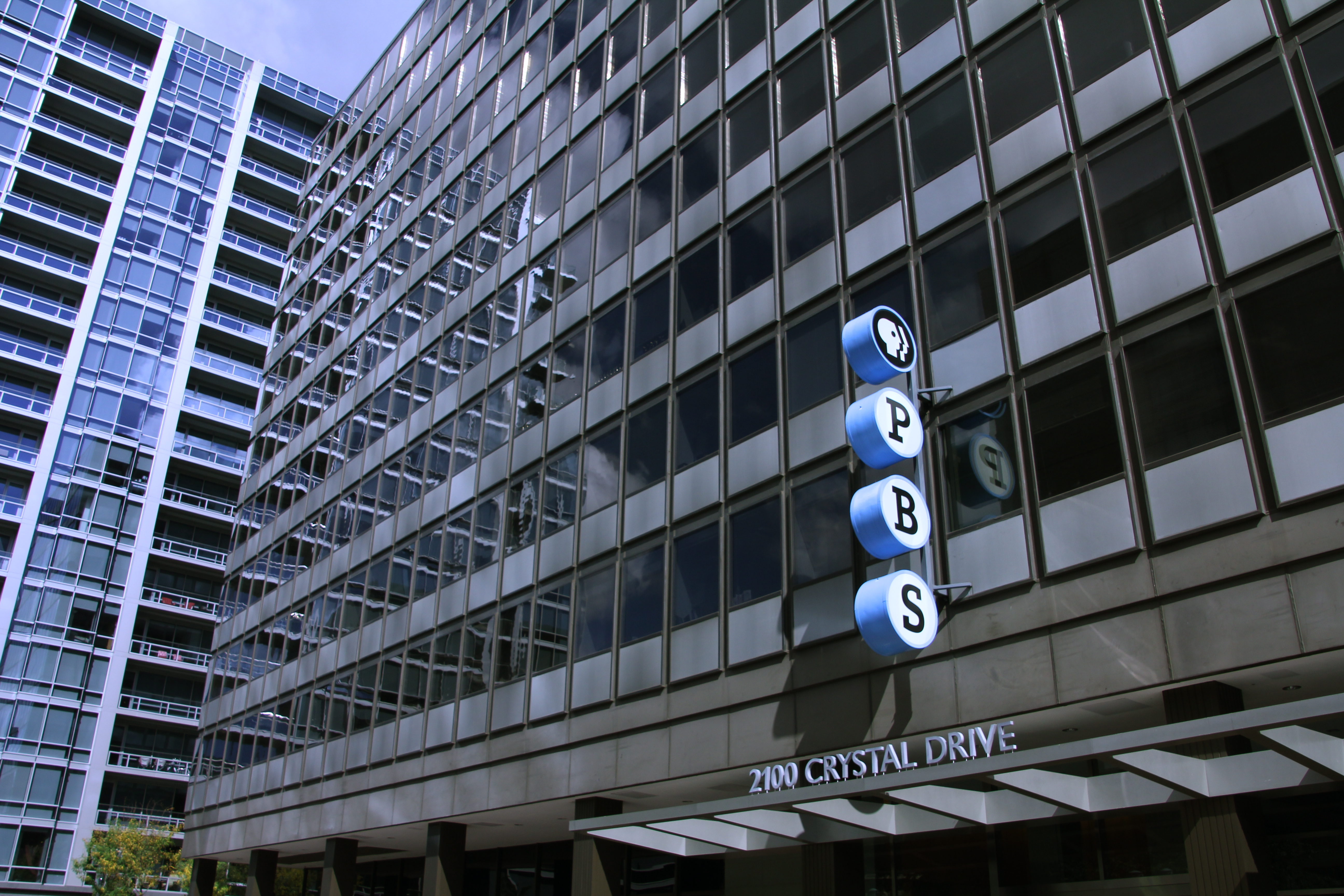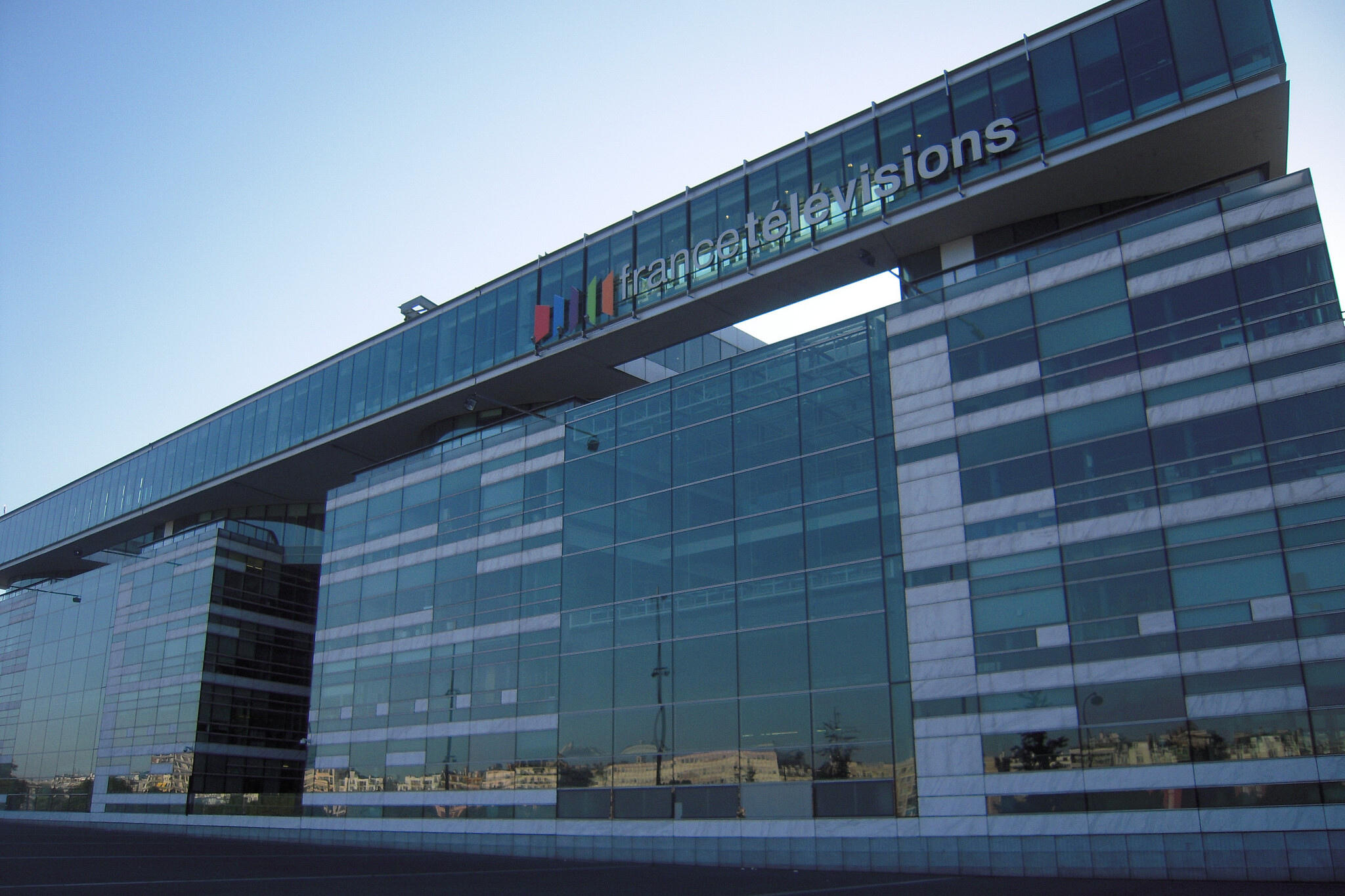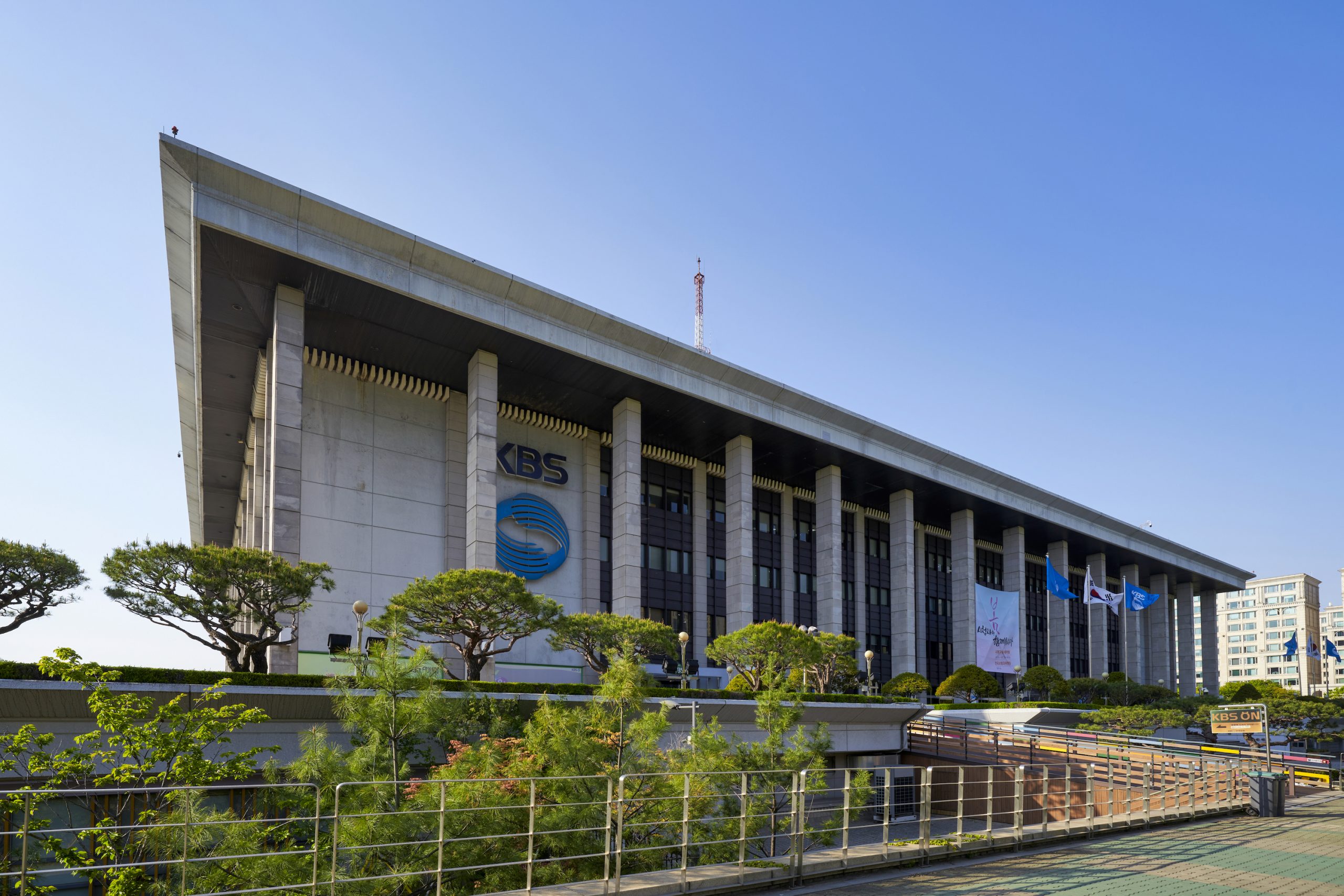The PMA Briefing
Reforms needed, promised, and enacted
29 July 2025
Several Balkan PSM seek funding lifelines; South Korea’s new government has passed a bill reforming KBS’ management; reform proposals put forward for Costa Rica’s SINART; and reform called for by GBC’s Director-General, on the occasion of the Ghanaian institution’s 90th anniversary.
Balkans: Public broadcasting funding under the microscope
A look at the Balkans, where the funding of public media in Bosnia & Herzegovina (BiH), Albania and Kosovo are at the heart of the news. While BHRT in BiH is finally seeing the light at the end of the tunnel after years of financial difficulties and disputes with the country’s other public broadcasters, RTK in Kosovo and RTSH in Albania are in the grip of financial crisis that is likely to have major impact on their operations.
The Supreme Court of Republika Srpska, the predominantly Serbian region in Bosnia & Herzegovina (BiH), has ruled in favour of the national public broadcaster, BHRT, in a long-running dispute over unpaid taxes by the regional broadcaster, Radio Televizija Republike Srpske (RTRS). The Court decision further paves the way to “establishing a legal and fair distribution of the RTV fee, and strengthening the integrity of the public broadcasting system of Bosnia and Herzegovina” stated BHRT.
RTRS is one of the three public broadcasters of the country that is funded by the RTV tax. However, RTRS refused to pay a share of the RTV tax to BHRT for years, exerting financial pressure on the national public broadcaster and accumulating a debt to BHRT of over 100 million KM (€51 million). The Srpska Republic Supreme Court decision follows the ruling of the BIH’s Constitutional Court confirming BHRT’s entitlement to a legal portion of the RTV fee, collected in the Republika Srpska.
In Albania, the directors of RTSH turned to the Ministry of Finance for an additional 200 million lek (€2 million) to its annual budget. According to the public broadcaster’s newly-appointed director, Eni Vasili, RTSH is in “a difficult situation to fulfill its obligations”. Vasili said that the current financial crisis of RTSH was due to previous bad management and abuses, as well as a low licence fee. She promised to conduct an audit to shed light on the past abuses she unveiled, and rebuild RTSH from the ground.
Meanwhile, the Kosovar public broadcaster RTK has not received its funding allocation for the second part of 2025, threatening the running of its operations. This comes after months of financial crisis, as the institutions in charge of delivering RTK’s funding deliberately failed to allocate the budget. The Union of Radio Television Workers of Kosovo (SPERTK) called on the government to liberate the funds as soon as possible. They announced that if the funds have not been paid by 5 August, RTK would start a protest and cease all broadcasts related to political activities. The Union also announced that it would bring the matter to the Constitutional Court.

Costa Rica: Reform proposals for SINART put forward
Journalist and civil society organisations in Costa Rica have proposed law reforms that they say would strengthen the independence and stability of the country’s radio and television system.
At a public policy forum last week, the president of the college of journalists COLPE, Noguera Calderón, said the SINART had been weakened by underfunding and a lack of attention from state institutions, which had seen vulnerable populations deprived of essential information. The proposal includes amending 14 articles of SINART’s legislation, with the addition of two new ones which it said would ensure greater representation and independence.
Last year, employees at SINART bemoaned the “incompetence” and “poor administrative management”, which have left the broadcaster in a financial crisis, seeking additional funds from the government. Staff also went on strike, saying that management was violating their rights, and undermining the integrity of the organisation. In January 2025, it was announced that half of the workforce would lose their jobs.

South Korea: Broadcasting bill passes in the National Assembly
The National Assembly has passed an amendment led by the ruling Democratic Party (DP) to the Broadcasting Act focused on reducing government influence over public broadcasters, despite heavy pushback from the opposition, the People Power Party (PPP). The vote ended a 24-hour filibuster by the PPP, whose members walked out of the parliamentary chambers in protest of the vote.
The modification of the Broadcasting Act only impacts the Korean Broadcasting System (KBS), although similar bills have been proposed for the nation’s two other public broadcasters, MBC and EBS. Under this revision, the Board of Directors at KBS will be expanded from 11 to 15 members, while a group of 100 citizen representatives with a diverse range in age, region and gender will select the organisation’s president. The bill also directs a mandatory replacement of the current KBS president and board within the next three months.
PPP leader Song Eon-seog threatened to challenge the amendment’s legality in the Constitutional Court, stating that the bill was a device to add more pro-government leaders in public media. Democratic Party lawmakers refuted these claims, stating that the bill makes no attempts to assert control over broadcasters and is focused on improving the structure of public media organisations.
The two remaining broadcasting bills are expected to be examined in the upcoming August session of parliament.
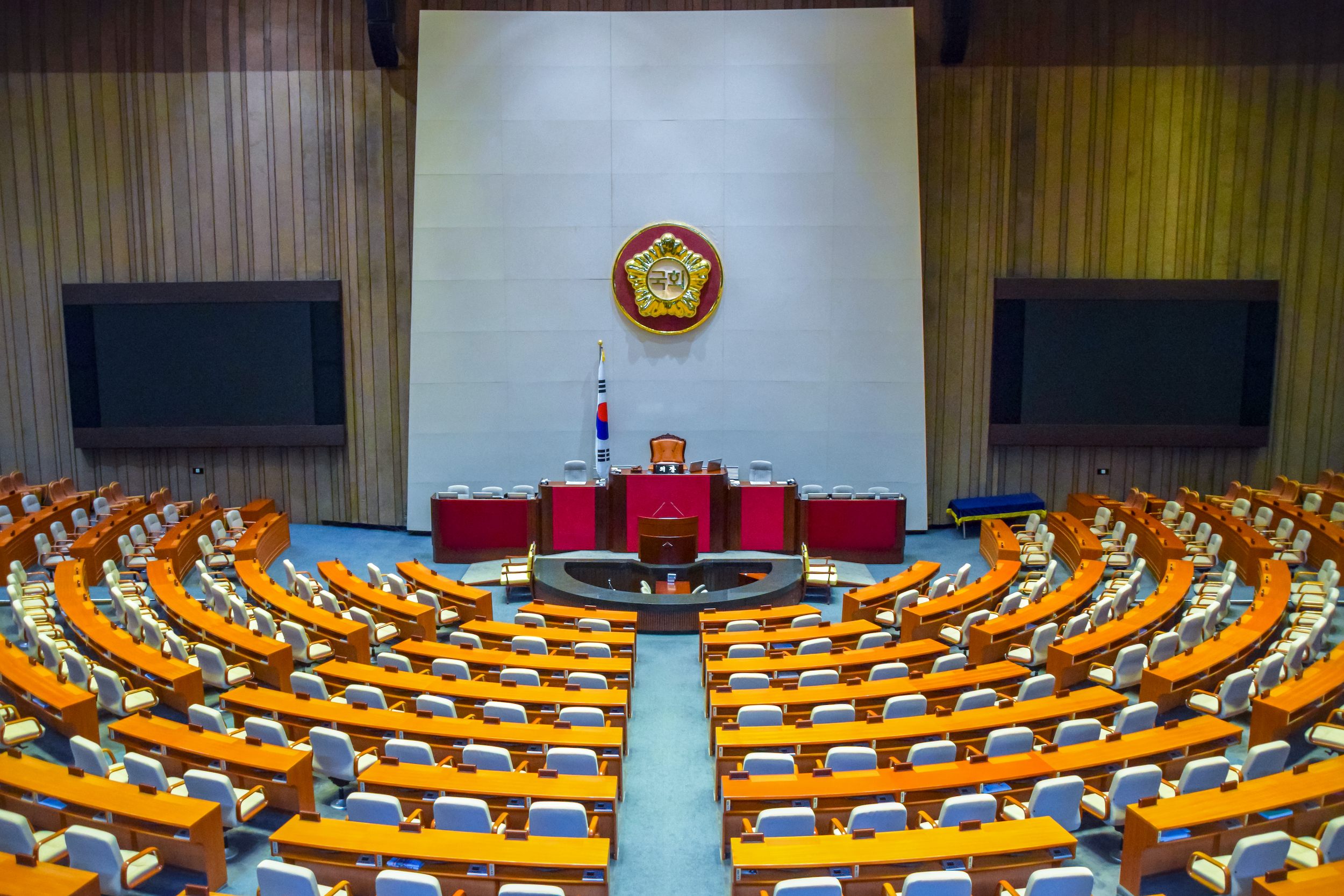
Ghana: GBC celebrates its 90th anniversary, but is “tired and needs rebirth”
The Director General of the Ghana Broadcasting Corporation (GBC), Professor Amin Alhassan, has celebrated the public service broadcaster’s role in creating national unity, at an event on its 90th anniversary. However, he also warned that the current organisation is “tired and needs rebirth.”
The anniversary marks the launch of broadcasting on 31 July 1935, from a wired relay station in Ghana’s capital, Accra. The GBC was founded later, in 1968, while later events such as the 1992 Constitution secured GBC’s role in society and independence from government. “More than the education system, security agencies, or immigration authorities, it is the Ghana Broadcasting Corporation that has sold the idea that they belong to this emerging community called Ghana,” Alhassan said.
It comes at a time of disruption for the broadcaster. A long-running standoff between some staff and the management continues, while Alhassan also added that the “GBC as a Corporate body has grown tired. It needs a moment of rebirth. A birth that will give the Corporation a renewed strength to deliver on its mandates … we need a new strategic plan that will chart a new path of flight for GBC.”
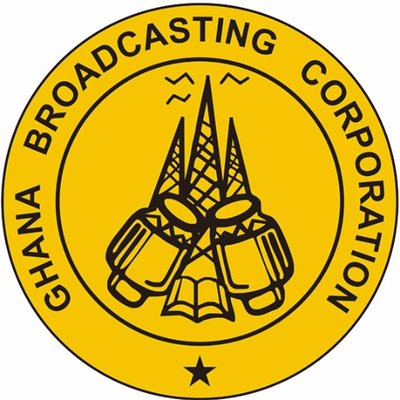
Featured Image: KBS is the main public broadcaster for South Korea. Credit: KBS
Related Posts
22nd July 2025
A consequential week for public media | The PMA Briefing
From defunding and media mergers to…
8th July 2025
Broadcasters face scrutiny over programming | The PMA Briefing
From BBC Glastonbury backlash to SRG…

